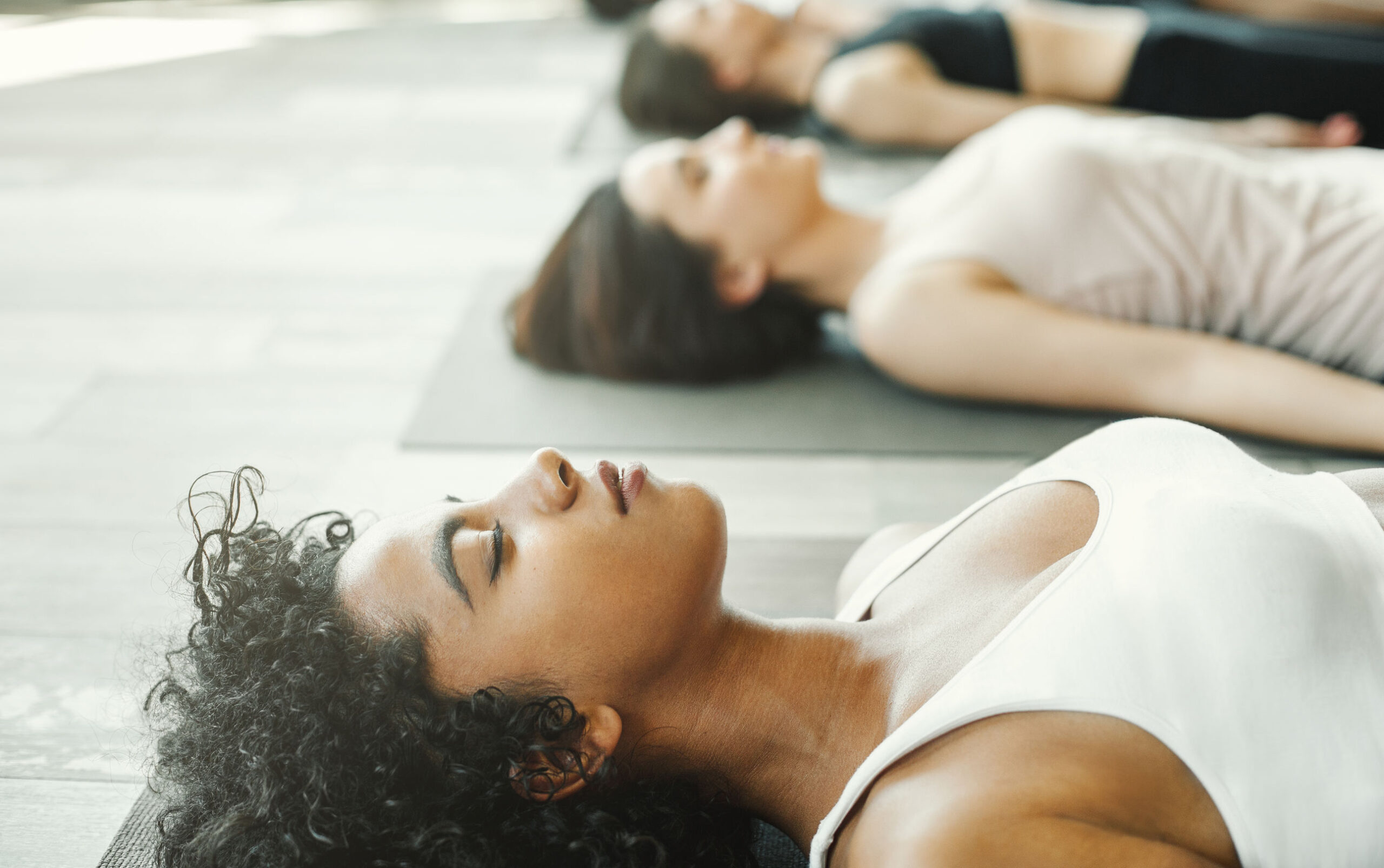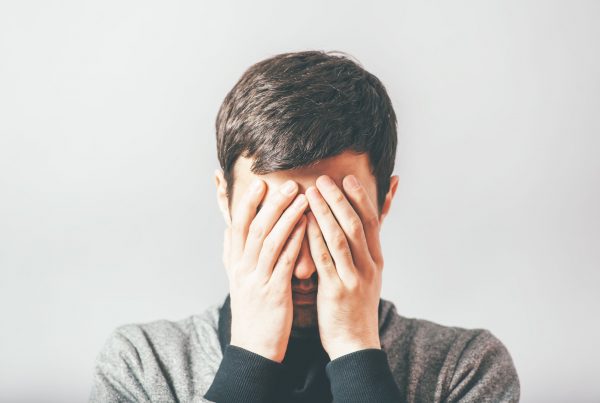”DC, do you feel like you are not getting enough sleep lately? Some studies suggest you can make up for lost sleep. You can learn more about these strategies in this week's article. Enjoy!
Reading Time: 8 Minutes
MWi Hacks:
- Learn how to get back on track with your recovery
- Find out the potential health and wellness issues that lack of sleep can lead to
MWi Summary:
- Researchers have found that sleeping in after a few days can help make up for missed sleep.
- Consistently sleeping less than 6 hours a night leads to fatigue and overall reduced brain function.
- Sleep debt can compromise your immune system as well.
- Devices are a big reason why many people have a hard time getting an appropriate amount of sleep.
Sleep Deprived? Here’s How to Recover
Sometimes it’s impossible to get enough shut-eye; how to feel less tired and regain lost energy.
SURE, WE ALL KNOW WE’RE supposed to get seven or eight hours of sleep a night, but all of us skimp from time to time, getting, say, five hours one night and six hours the next. Those lost hours, though, can add up to a big sleep debt by the end of the week—the reason so many of us feel wiped out by Friday.
But here’s a bit of good news: Researchers have found that sleeping in after a few days of missed sleep can help pay back that debt, nearly erasing any lingering sense of fatigue and mental fuzziness, according to a study published this week in the journal Sleep. “The brain has a built-in reflex that helps you sleep deeper and longer when you’re sleep-deprived,” says study coauthor David Dinges, chief of the division of sleep and chronobiology at the University of Pennsylvania School of Medicine. “This recovery sleep seems to have a genuine benefit to restoring alertness.”
Think you’re doing fine on only six hours a night? Think again.
Although Dinges hears this from folks all the time, he says it’s true for only a small percentage of the population. Most of us actually need seven or eight hours of shut-eye to feel 100 percent the next day. “If you fall asleep watching TV or struggle to stay awake in a meeting,” he says, “you’re sleep deprived.”
And it’s not just fatigue you feel but reduced brain function in terms of your memory, alertness, cognitive speed, and reaction time. “Some of us are so used to not getting enough sleep that we’ve forgotten what it feels like to be fully alert,” Dinges adds.
How much recovery sleep you need to feel recharged depends on how much sleep you’ve lost.
In the study, volunteers were deprived of about three hours of sleep a night for five consecutive nights before being allowed to sleep for up to 10 hours. Those allowed to sleep a full 10 hours felt nearly, but not quite, back to normal the next day. Probably a second night of recovery sleep or an afternoon nap, would have helped them feel fully restored, says Dinges.
Also clear from the study was that getting the advised eight hours of rest after skimping all week wasn’t enough to pay back the debt. Those in the study who got that amount still felt exhausted the next day.
Carrying a sleep debt has other downsides that could harm health.
A study published in the same issue of Sleep suggests that those who regularly sleep only five hours a night have more than twice the risk of developing heart disease than those who regularly sleep seven hours. (Too much sleep isn’t good either, according to the same study which found that exceeding nine hours a night increases heart risks by nearly 60 percent.) Other researchers have shown that sleep deprivation causes hormonal changes that increase appetite. “It could be that the brain sees food and sleep in a similar way,” says Dinges, “so if you don’t get enough sleep, the brain associates it with starving and sends out signals for you to eat,” which could eventually lead to obesity and related conditions like heart disease and diabetes. And too little sleep can have a detrimental effect on the immune system: Carnegie Mellon University researchers found last year that those who got less than seven hours of sleep a night were nearly three times as likely to develop a cold after being exposed to cold viruses than those who got eight hours or more.
Will recovery sleep prevent all the health problems associated with sleep deprivation?
Dinges says he’s not sure, since research hasn’t addressed that question. Clearly, though, it’s ideal to aim for at least seven hours a night—or whatever you personally need to feel refreshed the next day. If you do miss a few hours one night, try to get that recovery sleep as soon as possible, he advises, rather than allowing a sleep debt to accumulate throughout the week. And don’t drink too much alcohol before bed, since it promotes lighter sleep with more nighttime awakenings than the deep “slow-wave” sleep the brain needs to recharge itself. Interestingly, Dinges says napping for an hour or so during the day can be just as restorative as getting that extra hour at night.
If you think you’re just too busy to get the requisite amount of slumber, try removing all electronic media devices— smartphone, TV, computer—from your bedroom. These distractions says Dinges, are a prime reason many of us turn out the lights an hour or two later than we originally intended.
MWi would like to thank Deborah Kotz, for her expert insights that we were able to share with our community. To read the original article go to:
More on the Author:
Deborah Kotz has been a health reporter for nearly 20 years and wrote a cover story dealing with the obesity epidemic in children for US News & World Report. She recently moved to the Boston Globe, where she launched a new consumer health blog called Daily Dose that deals with news of the day with a Bostonian twist. Before joining the Boston Globe, Kotz was a senior writer for US News & World Report covering the FDA, health reform’s impact on consumers, vaccinations and other topics. She also had a women’s health blog. Kotz is a 1991 graduate of Cornell University, majoring in science journalism. She now splits her time between Boston and DC. She’s regularly featured on WTOP.






